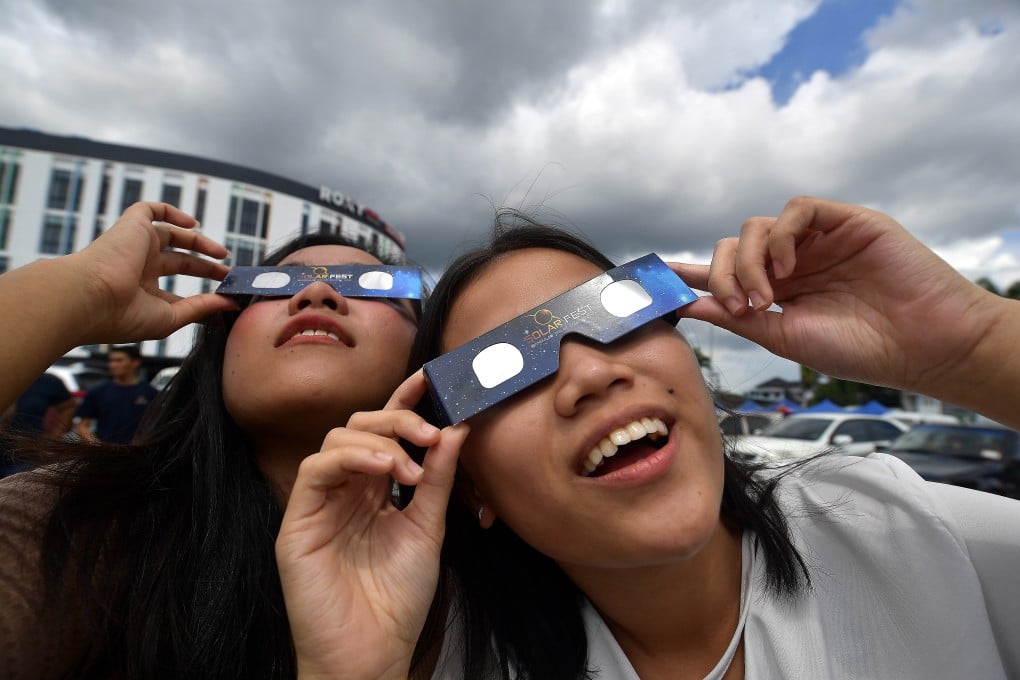Opinion | Malaysia’s Vision 2020 report card holds lessons for small nations tackling climate change, tech disruption and geopolitical challenges
- Malaysia isn’t yet a high-income economy. Small nations may be helpless against big power politics, but every country can meet challenges with technology
- For a vision to work, the political leadership needs everyone on board, and this means embracing diversity and shared goals

Malaysia launched its Wawasan 2020, or Vision 2020, in 1991, with Prime Minister Mahathir Mohamad declaring the “ultimate objective” to be a “Malaysia that is a fully developed country by 2020 ... in our own mould”. To set out a five-year plan is commonplace; to lay out a vision 30 years into the future was breathtaking in its audacity.
In his vision, Dr Mahathir laid out nine challenges to achieve by 2020: a unified nation of one Malaysian people (Bangsa Malaysia); a society that is psychologically liberated, secure and developed; a mature democratic society; a moral and ethical society; a liberal and tolerant society; a scientific and progressive society; a caring society; an economically just society with equitable wealth distribution; and a prosperous society with an economy that is fully competitive, dynamic, robust and resilient.
Was this breathtaking vision possible? In my opinion, definitely. How much of it has Malaysia achieved? It depends on whom you talk to.
On the issue of advanced country status, Malaysia has reached the top end of the upper middle-income range. High-income economies, as defined by the World Bank, are those with a per capita gross national income (GNI) of US$12,376 or more. The International Monetary Fund estimates Malaysia’s 2019 GNI per capita to be US$11,140 so it is certainly within striking distance. Indeed, if the exchange rate goes back to roughly 3.8 ringgit to US$1, Malaysia could attain high-income status.

